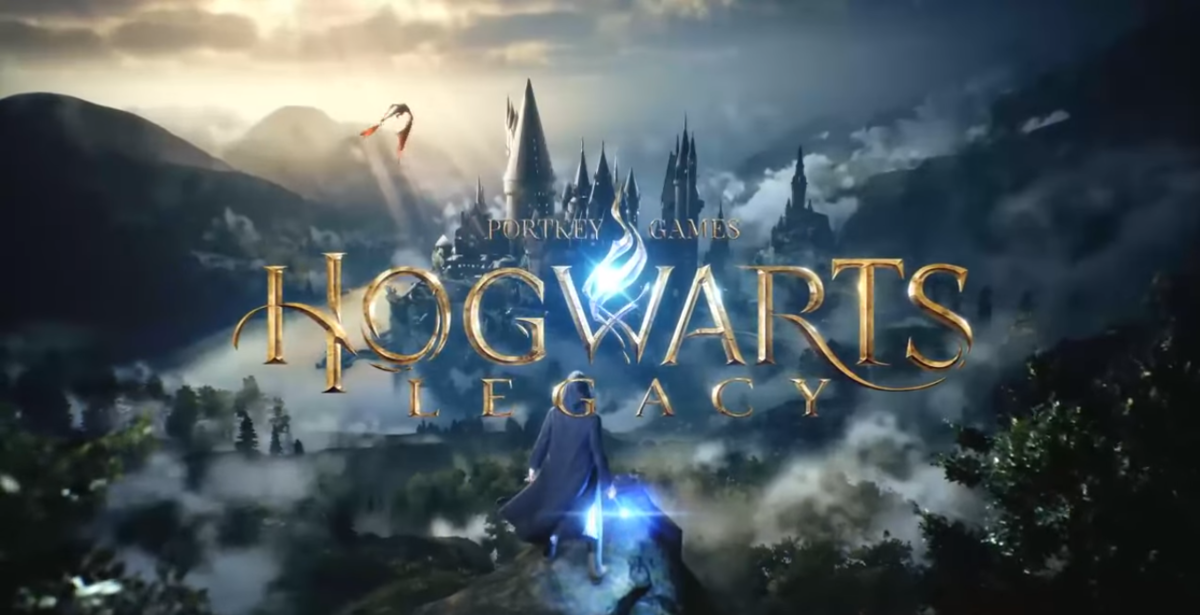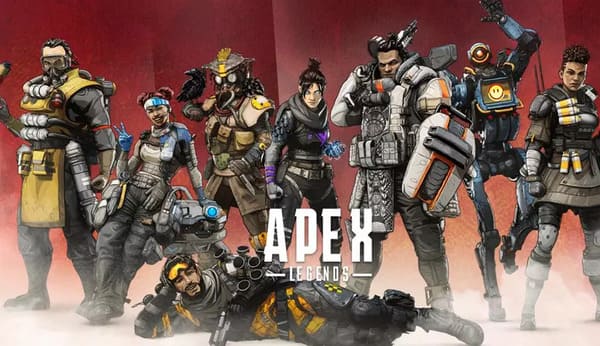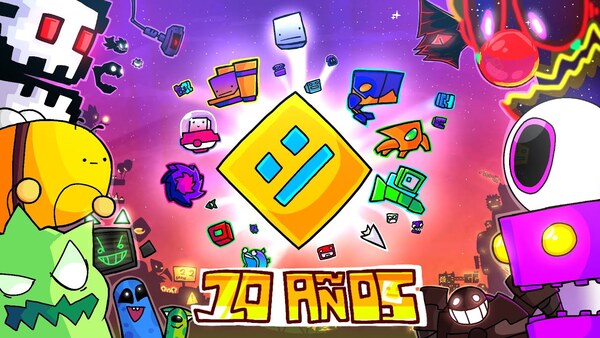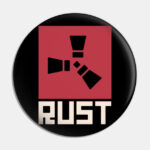Terraria – A Timeless Sandbox Adventure in 2D
1. Introduction to Terraria
Terraria is a
2D sandbox action-adventure game developed by
Re-Logic, initially released in 2011. Often described as the 2D counterpart to Minecraft, Terraria combines
exploration,
crafting,
building, and
combat in a procedurally generated world teeming with mysteries and danger.
With its
retro pixel-art aesthetic, vast item library, and deep gameplay systems, Terraria offers
an immense amount of freedom. Whether you prefer mining, battling bosses, or constructing massive pixel-art castles, Terraria accommodates countless playstyles, making it one of the most beloved indie games of all time.
2. Origins and Evolution
Originally released for PC, Terraria quickly gained popularity due to its addictive gameplay loop and constant updates. Over time, it expanded to
consoles, mobile devices, and even
Stadia, reaching a broader audience.
Terraria is known for its
dedicated development team, who provided
nearly a decade of free content updates. The game’s final update, titled
“Journey’s End,” released in 2020, added hundreds of new items, revamped systems, and elevated Terraria to what many consider its definitive version.
3. Gameplay Basics
Terraria drops players into a procedurally generated world with
a handful of basic tools and one goal:
survive, explore, and shape the world to your will.
Starting Out:
- Chop down trees for wood
- Mine stone and ores
- Build a basic shelter
- Craft tools, weapons, and armor
- Fight off slimes, zombies, and flying eyes at night
Unlike other sandbox games,
progression in Terraria is tightly linked to boss fights, crafting tiers, and world changes.
4. Biomes and World Structure
Terraria’s world is split into
distinct biomes, each with its own enemies, resources, and visual flair. As players progress, these biomes evolve and new ones emerge.
Major Biomes:
- Forest – The default starting area
- Desert – Sandstorms, antlions, and pyramid loot
- Jungle – Dense, dangerous, and resource-rich
- Snow – Icy enemies and themed loot
- Dungeon – Post-boss labyrinth filled with traps and loot
- Hell (Underworld) – Lava, demons, and the Wall of Flesh
- Corruption/Crimson – Spreading evil biomes with unique threats
- Hallow – Magical counterpart post-Hardmode
- Ocean, Mushroom, Sky Islands, and more...
Exploring these biomes uncovers
NPCs, rare materials, and new gameplay mechanics that expand the game organically.
5. Boss Fights and Progression
Progress in Terraria is marked by defeating
progressively harder bosses. Each boss unlocks new materials, biomes, or events, pushing the player further.
Pre-Hardmode Bosses:
- King Slime
- Eye of Cthulhu
- Eater of Worlds / Brain of Cthulhu
- Skeletron
- Queen Bee
- Wall of Flesh (activates Hardmode)
Hardmode Bosses:
- The Twins
- The Destroyer
- Skeletron Prime
- Queen Slime
- Plantera
- Golem
- Duke Fishron
- Empress of Light
- Lunatic Cultist
- Moon Lord (final boss)
Each boss battle is a spectacle, requiring strategic planning, arena building, and proper gear to survive.
6. Crafting, Tools, and Equipment
Crafting is central to Terraria. Players must mine materials and combine them at crafting stations to create tools, weapons, furniture, and gear.
Key Crafting Stations:
- Workbench
- Furnace
- Anvil (Iron/Lead)
- Alchemy Table
- Tinkerer's Workshop
- Loom, Sawmill, Forge, and many more
Crafting spans
over 5,000 items, including:
- Weapons: swords, bows, guns, magic staves
- Armor sets with unique bonuses
- Mounts and grappling hooks
- Furniture, decorations, vanity outfits
Every upgrade brings you closer to unlocking powerful gear and game-changing mobility options like wings and teleporters.
7. NPCs and Settlements
Terraria features a robust NPC system.
NPCs move into your town when certain conditions are met, offering new services and progression routes.
Notable NPCs:
- Guide – Offers crafting recipes
- Merchant – Sells basic gear
- Nurse – Heals the player
- Demolitionist – Sells explosives
- Arms Dealer – Offers guns and ammo
- Goblin Tinkerer – Reforges gear, sells Tinkerer’s Workshop
- Mechanic – Unlocks wiring and traps
- Travelling Merchant – Offers rare, rotating stock
- Zoologist, Tax Collector, Party Girl, and more...
Players can
build custom homes to house NPCs and boost their happiness, unlocking
pylons for fast travel across the world.
8. Events and Multiplayer
Terraria includes many
random or triggered events that spice up gameplay and challenge even the most prepared players.
Events:
- Blood Moon – Tougher night enemies
- Goblin Army / Pirate Invasion – Waves of enemies
- Frost Moon / Pumpkin Moon – Holiday-themed boss gauntlets
- Solar Eclipse – Powerful day-time foes
- Martian Madness / Lunar Events – Endgame content
Terraria also shines in
multiplayer, supporting up to
8 players (more with mods). Players can explore, fight, or build together, making for
incredible co-op fun or PvP chaos.
9. Modding and Community Support
The
Terraria modding community is thriving thanks to tools like
tModLoader, which is officially supported.
Popular Mods:
- Calamity – Adds new biomes, bosses, gear, and lore
- Thorium – Massive expansion with RPG elements
- Fargo’s Souls – Challenge-heavy content
- Tremor, Spirit, Avalon, and more
Mods greatly enhance replayability, offering
hardcore challenges,
new classes, and
custom worlds.
10. Final Thoughts and Legacy
Terraria is a
testament to how 2D games can be just as vast, immersive, and replayable as any 3D counterpart. From humble beginnings to an iconic indie classic, Terraria's blend of creativity, exploration, and combat makes it
endlessly engaging.
Whether you’re crafting your dream village, slaying interdimensional gods, or just relaxing underground with a mining tune in the background,
Terraria is an experience that adapts to your style.





























